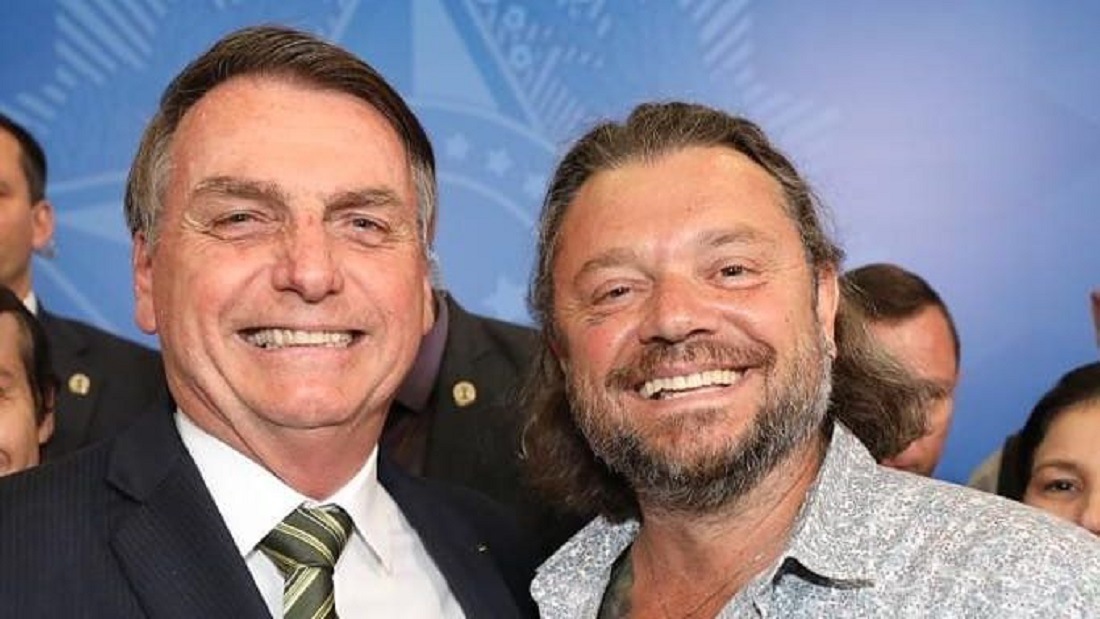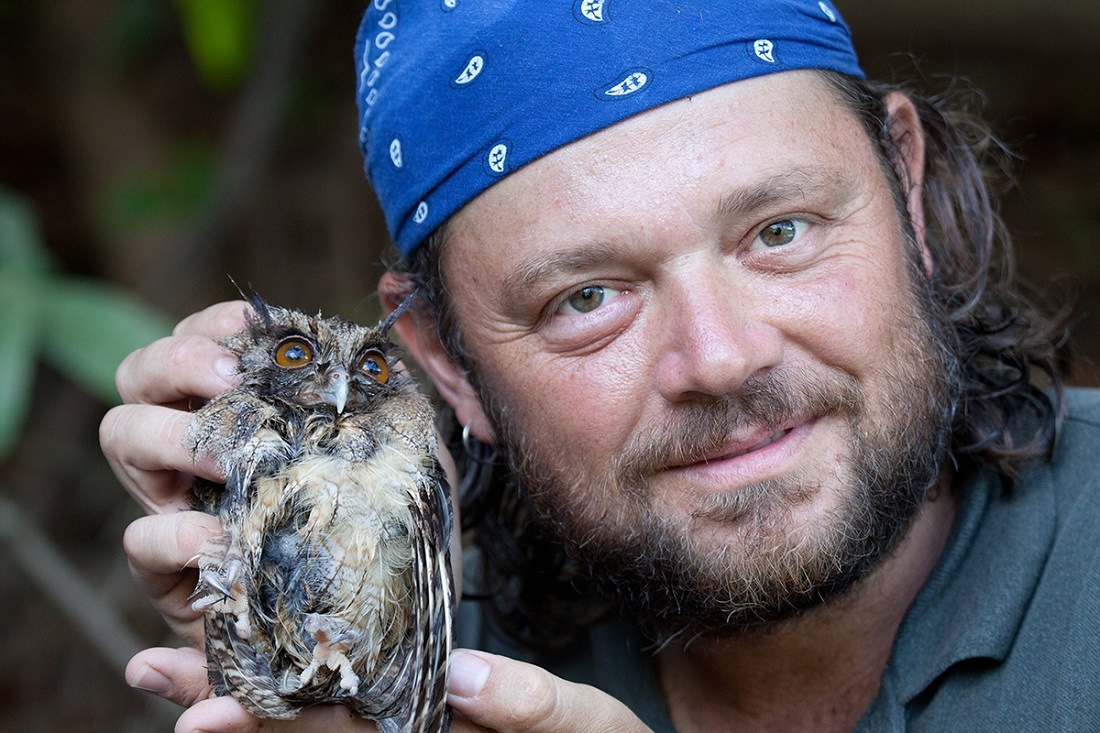RIO DE JANEIRO, BRAZIL – President Jair Bolsonaro announced on Thursday, August 1st, the appointment of biologist and TV presenter Richard Rasmussen as the ambassador for Brazilian tourism.
On his official website, Richard describes himself as “possessing a profound knowledge of the environment and native cultures, fauna, animal behavior and an expert in ecology.”

Close to R$400,000 in environmental fines by Ibama
The biologist and TV host, who has worked on SBT, Record, and paid channels such as National Geographic and Animal Planet, has added controversy to his name.
In 2015, the Criadouro Conservacionista Toca da Tartaruga (“Toca da Tartaruga Conservationist Nursery”), owned by Richard and in existence since 1999, was fined R$393,000 (US$98.300), plus default interest of 0.5 percent per month, in a public civil action filed by the Federal Prosecutor’s Office (MPF) and the Brazilian Institute of the Environment and Renewable Natural Resources (Ibama).
The reason for revoking the operating license was the presence, on-site, of wild animals with no certified source and no visible marking system.
Marcela Moraes Peixoto, the regional prosecutor, further noted that there was documented evidence of wildlife degradation and a high number of animal deaths due to the poor conditions in the breeding area.
According to a note published in 2015 by the MPF, Richard Rasmussen admitted the irregularities.
Among them, the admission of 223 animals of unknown source; the escape of 96 birds, due to excessive rainfall; 285 animals lodged by inspection bodies; 485 unmarked specimens — some 95 percent of the total.
In 2017, footage of Amazon river dolphins being shot to serve as bait in the Amazon, in a report by Fantástico produced by the biologist and broadcast in 2014, was the target of attacks after the release of the film ‘River Below’, by Mark Grieco.
In the documentary, the fishermen featured in the TV Globo report say that Rasmussen asked them, in exchange for money, fuel, and food, to kill a river dolphin in front of the cameras — under the promise that he would not release the footage.
Questioned by the director, the biologist denied that he had given money, but said he gave fuel and food, which he does every time — but not as payment.
Sought by Estado newspaper, the presenter failed to reply before 10:00 AM on Monday, August 5th.

“I was there. I did nothing. I filmed the dolphin being killed, and I didn’t get anything out of it. I didn’t use it in any documentary, and I surrendered all image rights.”
“I provided the footage to the world so that the world could see what was happening there,” Rasmussen said on another excerpt from the film, after stating that the director acted dishonestly when he heard the fishermen without giving him prior notice.
At the time, in a note sent to Veja magazine, the director lamented “the way the film was
sensationalized” and that it diverted attention from the main focus, which is the Amazon river dolphin’s protection measures.
In a note published on his Facebook profile — which has 1.7 million followers — Rasmussen did not reject the charges and said that “he was aware that the footage of killing the dolphins would be significant”.
“This caused the horrified public to pressure governments and nations to change their conservation policies. People only care about what they know. But how do you get footage like this?” he asked.
The National Institute of Amazonian Research (Inpa) and the Friends of the Manatee Association (Ampa) issued a note at the time, in defense of the presenter.
“Inpa would never allow or condone agreements or orders for footage involving the death of animals or any kind of financial transactions with people in the communities where the footage was taken,” says the text.
TV Globo, in turn, claimed to have had no access to the documentary and to determine the source of the images. “The accuracy of journalistic findings is never put at risk regardless of the underlying cause.”

